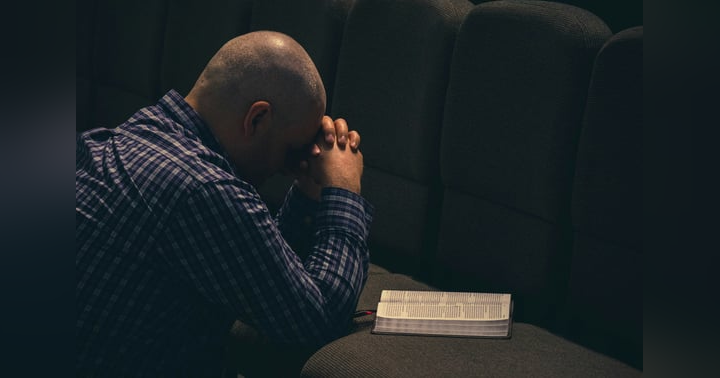Recovery Has Taught Me That It’s Okay for Me to Be Me

When I first entered recovery, I didn’t know who I truly was. I had spent so many years running from myself, numbing the pain, and hiding behind the false identities that addiction had helped me create. I feared facing the truth because I believed that the real me wasn’t enough—maybe even unworthy of love and acceptance. But recovery changed that. It became a journey not just of putting down substances or toxic behaviors but of rediscovering and accepting who I really am.
One of the first lessons recovery taught me is that I am not defined by my past. For years, I carried the weight of my mistakes, regrets, and shame. The disease of addiction thrives on keeping people trapped in guilt and self-loathing. I thought the worst parts of me were my entire identity. But through working the steps, engaging with my sponsor, and connecting with others who were also recovering, I began to understand that my past is only a part of my story. It doesn’t have to define my future. Recovery gave me permission to let go of that baggage and to start seeing myself through a new lens—one of hope, growth, and possibility.
Another significant breakthrough in my journey was realizing that it’s okay to embrace my flaws. I used to think that to be accepted, I had to be perfect. That’s why I ran from myself for so long—I couldn’t face the imperfections, the unresolved pain, or the messiness of being human. But recovery has shown me that vulnerability is a strength, not a weakness. When I admit that I don’t have it all figured out, I open myself up to growth. I give myself the space to learn, evolve, and become better without the constant pressure of having to be “perfect.” Recovery taught me that it’s okay to be messy, to have wounds, and to need healing. It’s okay to be me, just as I am, flaws and all.
Recovery has also helped me reconnect with my inner child—the part of me that was silenced for so long. Through the process of doing a fourth step inventory, I was forced to look at the parts of my life that I had been avoiding. One of the most painful revelations was acknowledging the denial I had lived in for so many years about growing up not knowing my father. For a long time, I buried that pain deep inside, thinking it was irrelevant to my struggles with addiction.
But when I finally faced it, I realized how much it had shaped my beliefs about myself. I had internalized the idea that I wasn’t enough because I didn’t have a father figure in my life. Writing about that pain, and allowing myself to cry, helped me reconnect with my inner child. It was through that connection that I learned to love and accept myself fully—for the first time in my life.
One of the greatest gifts of recovery has been learning that I don’t have to be someone else to be loved and accepted. For years, I thought I needed to wear a mask, to present myself in a way that would make others like me. But recovery has taught me that authenticity is far more valuable than any façade I could create. The relationships I’ve built in recovery—whether with my sponsor, my fellowship, or the people I coach through my business—are based on honesty and openness.
These are the people who have seen me at my worst and still choose to walk this journey with me. I don’t have to pretend to be someone I’m not to earn their love or respect. In fact, the more I show up as my true self, the deeper and more meaningful my connections become.
Ultimately, recovery has given me the freedom to be me without apology. It’s allowed me to shed the layers of shame, guilt, and fear that once kept me stuck in addiction. I’ve learned that it’s okay to embrace my strengths, to acknowledge my weaknesses, and to walk in my truth. I no longer have to conform to society’s expectations or seek validation from others. I am enough just as I am. Recovery has been a process of reclaiming my identity and learning to live in alignment with my true self.
Today, I wake up with gratitude for the person I’ve become, and I no longer feel the need to hide. I am no longer a prisoner of my past or my fears. Recovery has given me the courage to be myself, and in doing so, it’s shown me that who I am is more than enough. I am worthy of love, connection, and a life filled with purpose—just by being me.

